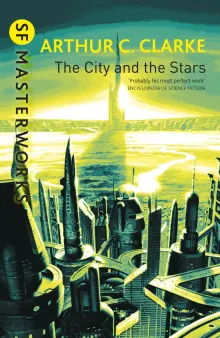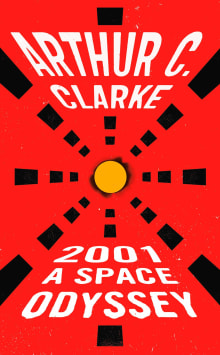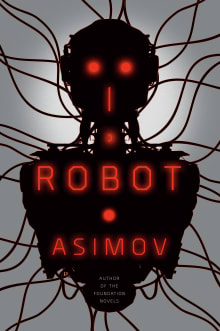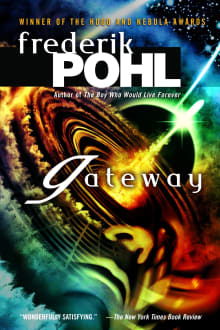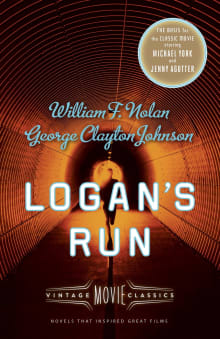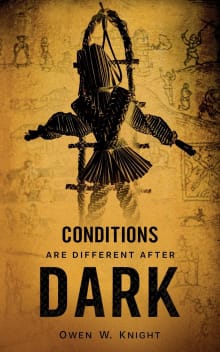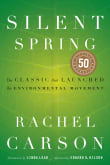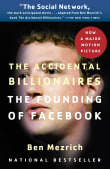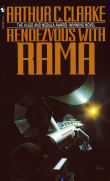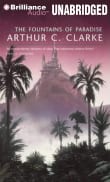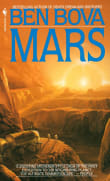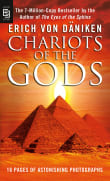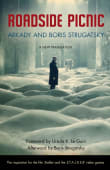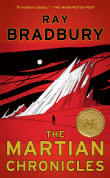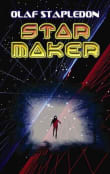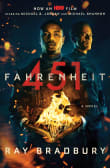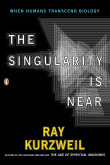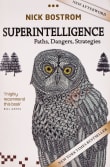
Why did I love this book?
I fondly remember the first time I encountered Author C Clarke. I had read science fiction before and considered it my favorite genre. But I had never been whisked away to the stars and into the minds of intelligent machines as I was reading this book.
Clarke envisioned a future where human technology has usurped human curiosity. The ability of our machine creations to satiate our needs and wants—a time when our creations far outstripped our human capacity. I didn't know it then. But I know now that his concepts were real. It is only now in the twenty-first century that the future he prophesied is emergent. Even though we may not see exactly the same technology Clarke envisioned, we can see his ideas applied to us in the way intelligent machines shape our destiny.
Clarke's re-write of his novel Beyond the Fall of Night delivers the classic hero Alvin. Through Alvin, we begin to explore Earth, which is now a desert, a billion years into the future. Its last remaining inhabitants are locked away in a sterile, domed city controlled by a central artificial intelligence. Humanity has given away its dreams and aspersions in exchange for existence. Central artificial intelligence guides human life and is responsible for its creation.
Clarke goes beyond the domed city and shows a lost human empire where starships have minds and are servants of their human masters. The protagonist, Alvin, discovers one such ship, waiting for a master that will never return. To release the ship, its intelligence is fooled by the city's central intelligence. I found this extremely creative when the story pits one machine's mind against another.
But there's more. Clarke envisions the ultimate manifestation of human creation. We are presented with the concept of a pure mind. A disembodied intelligence exists in spacetime. A creation we didn't quite get right on our first attempt. We should be mindful of Clarke's visions as warnings.
3 authors picked The City and the Stars as one of their favorite books, and they share why you should read it.
Clarke's masterful evocation of the far future of humanity, considered his finest novel
Men had built cities before, but never such a city as Diaspar. For millennia its protective dome shut out the creeping decay and danger of the world outside. Once, it held powers that rule the stars.
But then, as legend has it, the invaders came, driving humanity into this last refuge. It takes one man, a Unique, to break through Diaspar's stifling inertia, to smash the legend and discover the true nature of the Invaders.

